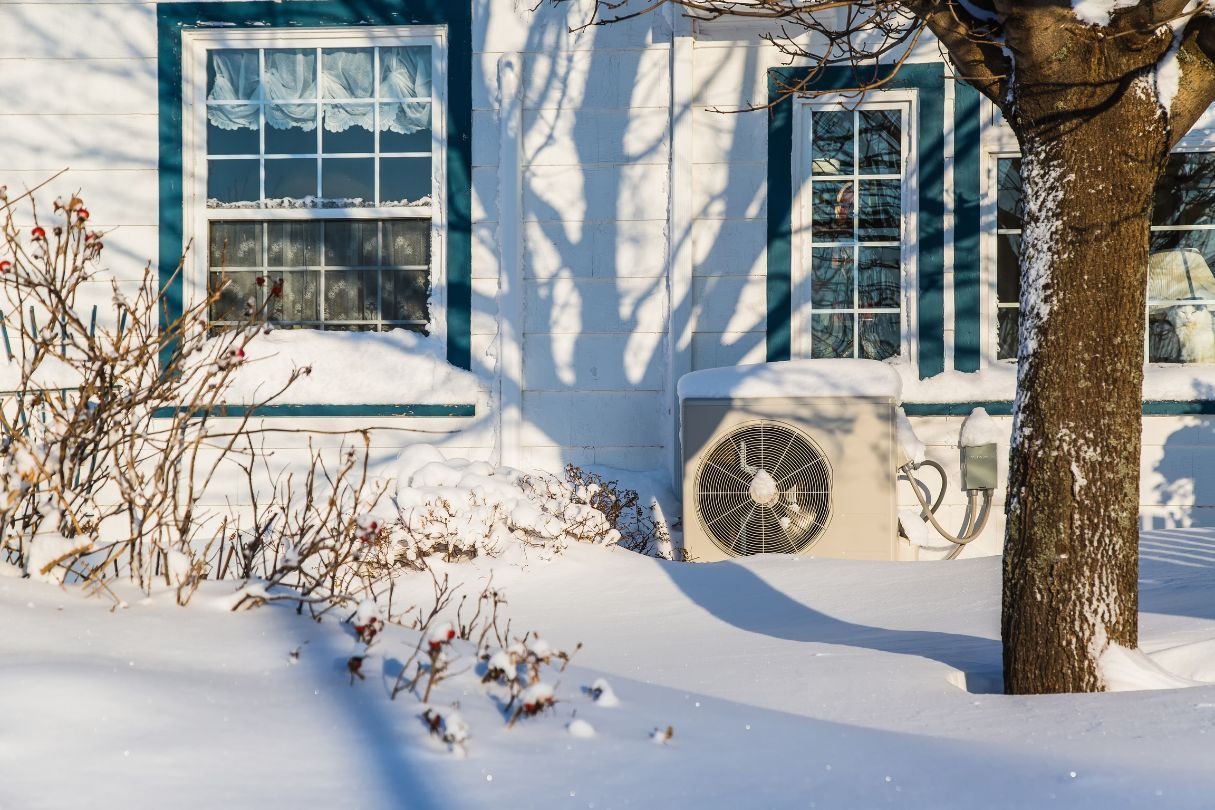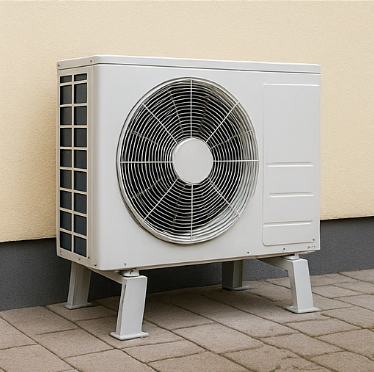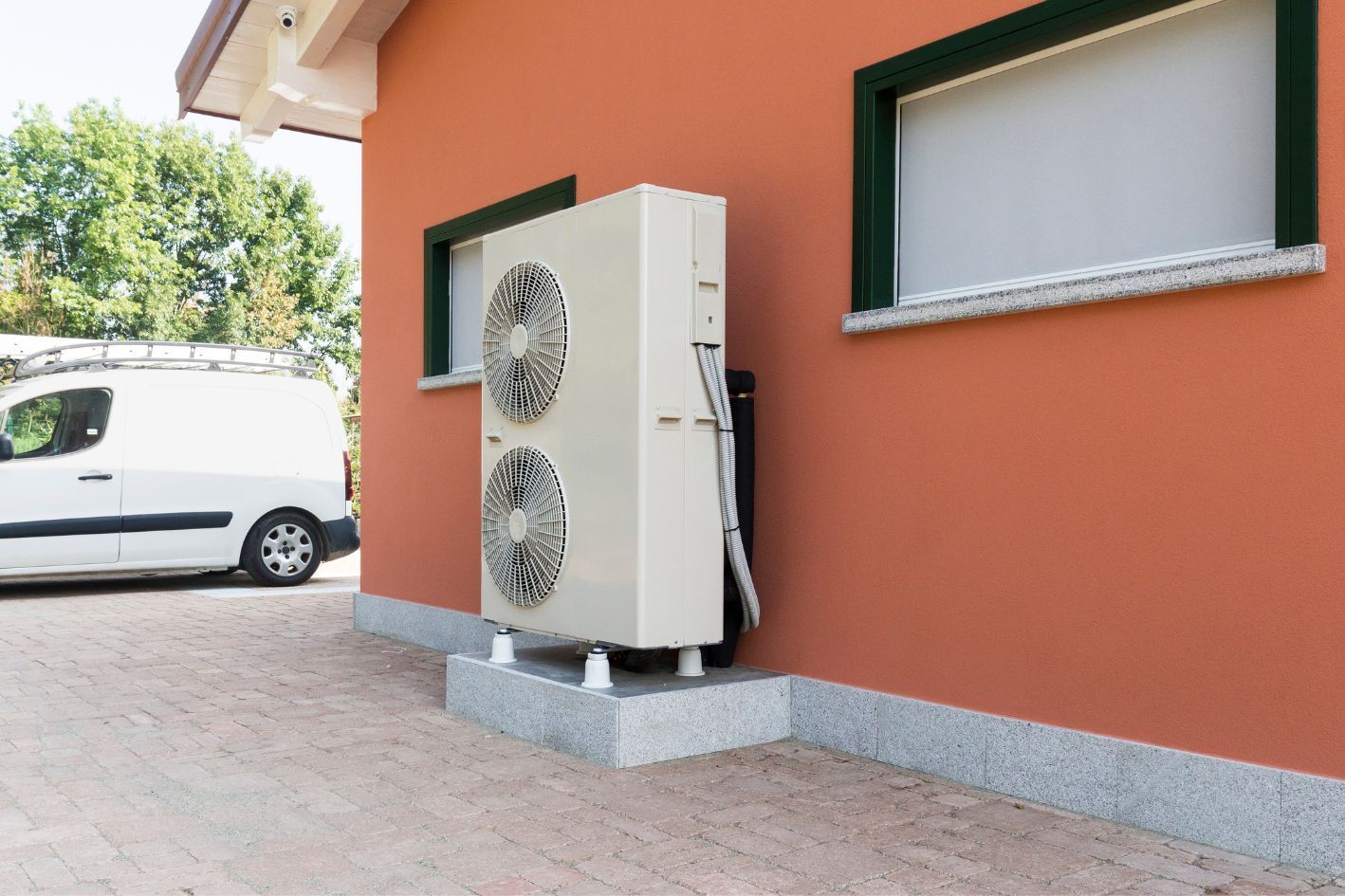Understanding Heat Pump Noise Levels

Heat pumps are a popular and energy efficient heating and cooling solution for many homes and businesses. However, residents may be worried about the noise levels generated by these devices. In this blog post, we will explain the contributing factors to heat pump noise, and offer advice on how to reduce it.
Heat Pump Noise Levels
Heat pumps work by using a refrigerant cycle to
transport heat from outdoors to indoors. The heat pumps compressor and fan may generate noise during this process. We measure sound levels using the
decibel (dB) scale, with lower values signifying quieter operation. The noise generated by heat pumps usually sits at around 50 to 70 decibels, which is a similar noise level to regular
conversations or background noise.
Influencing Factors
-
Location: Noise levels can be more or
less influential depending on the
positioning of the heat pump, units close to bedrooms or outdoor living areas may produce disturbances.
- Unit
Size and
Type: Larger heat pump units with higher capacities are likely to generate
more noise than smaller units. The
type of heat pump will also play a part, whether it is an air source, ground source, ductless heat pump etc.
- Maintenance: Heat pump noise can be regulated if you keep up with regular cleaning and
maintenance, in order to assure
peak performance and a clean unit.
Tips For Reducing Heat Pump Noise
- Sound Barriers: Installing fences, walls or even plants around your heat pump unit can be used a sound
barrier to
absorb the noise.
- Proper Installation: If your heat pump has failed to be installed
correctly when being mounted on the wall, it may cause
vibrations, increasing the noise levels.
- Noise-Reducing Features: Some heat pump models come fitted with
noise-reducing features including insulated cabinets, variable-speed compressors, and vibration dampeners. This could be an option for you if the noise causes too much of a disturbance.
In order to enjoy a comfortable and energy efficient heating and cooling system, it is important that you understand heat pump noise levels and take preventative measures to minimise interruptions. Always consider the unit's location, size, maintenance, and noise-reducing features, homeowners may create a more peaceful interior atmosphere while reaping the benefits of heat pump technology.











